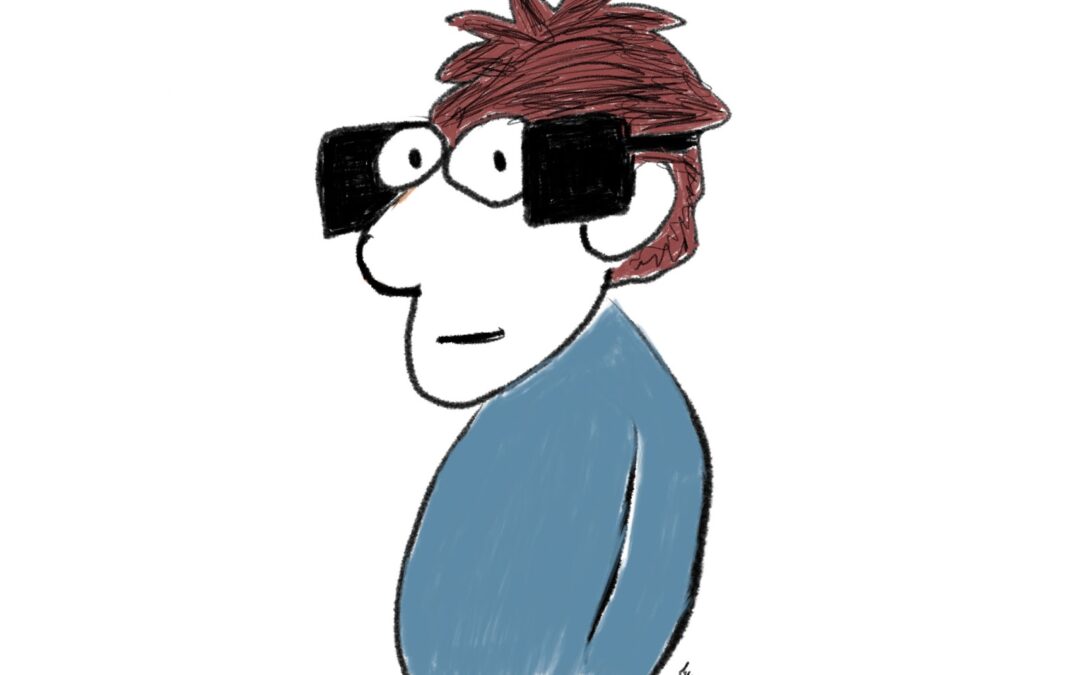A leader in my OASIS Conversation Course assumed that a member of his team was not a team player and was lazy. He was not updating his boss on the status of projects. The frustrated leader talked about letting his staff member go. However, he was able to notice his judgment and worked to stop his reaction and engage in a conversation with his team member. After the conversation, he reported to our class that his view of this team member totally changed.
In fact, the team member had been actively helping the other team members and was successfully completing his projects. In the conversation, the leader learned that the team member did not realize that he was expected to be sharing his progress. He felt confident and did not want to bother his manager. This leader was glad that he noticed his judgment and blind spot and was able to cool down and engage in a positive and productive conversation. The leader was able to see that he had not clarified his expectations and he realized that he had unfairly written off a productive staff member. He was grateful that he learned the skills for such a conversation and that he approached the team member with an open mind. This conversation supported the whole team.
Our brains are overloaded with millions of pieces of information and we can only process a small number at a time. We are always using our past experiences to make short cut decisions. Without awareness, we are making choices about people and situations. We are constantly making assumptions about whom we can trust and who belongs. Blind spots are a part of being human.
We naturally have stereotypes that impact our interactions. In addition, we experience confirmation bias where we ignore, avoid and devalue information that contradicts our beliefs. One study showed that people spend over 36% more time reading articles that confirm their beliefs. This can impact innovation.
While we can make quick decisions, our assumptions and blinds spots can create challenges in our interactions. Conductors added 20% more women musicians when they started conducting interviews where they could not see the candidates. Most of us don’t intend to be biased and we think we are open-minded. However, we naturally have blind spots.
We need to commit to being open and challenge ourselves to stop and consider other explanations—especially when we sense we are “right”. It is important to not let one interaction or experience color your point of view. Separate observable data from assumptions.
Notice and slow down your reactions and be thoughtful in your responses to differences and judgments. Pay particular attention to when you “know” you are “right.” Be curious and seek other perspectives.

